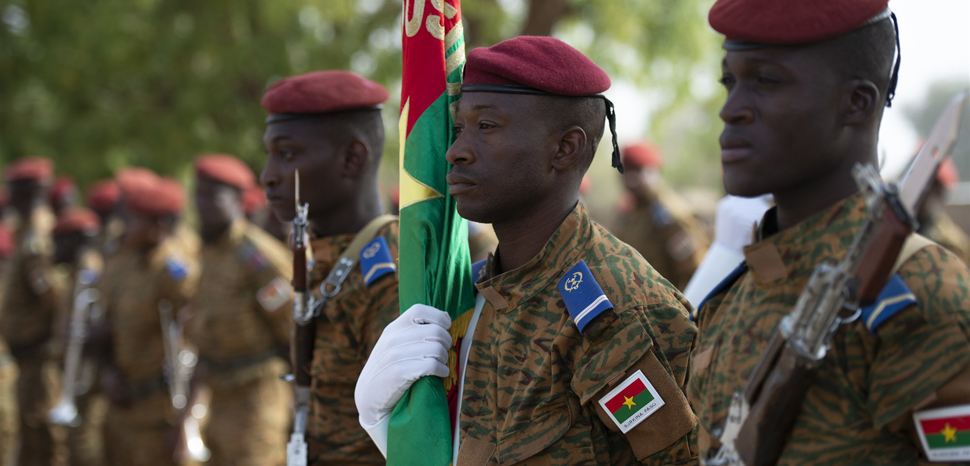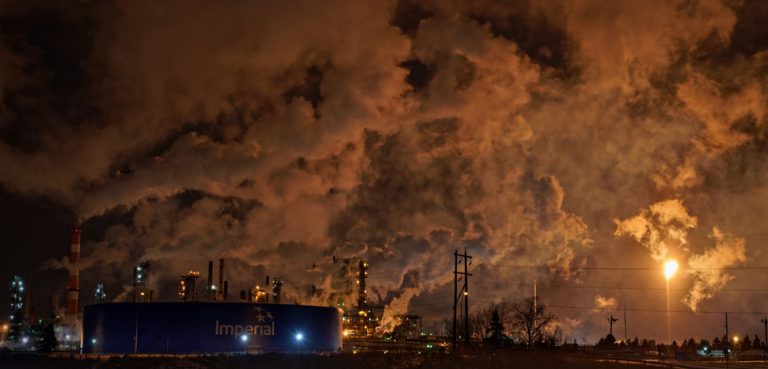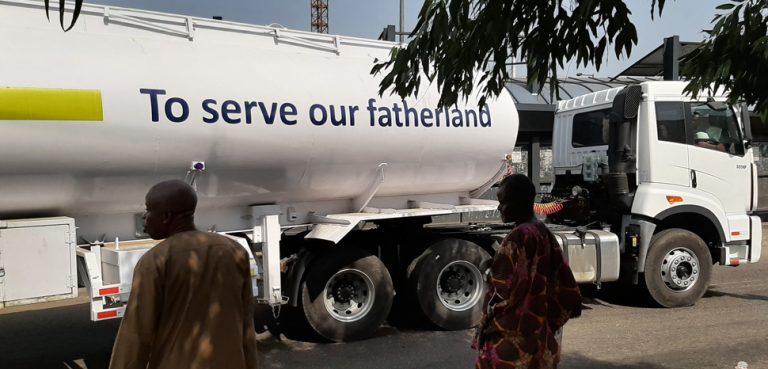As COVID-19 continues to upend daily life across the world, the day-to-day disruption is all too familiar for parts of West & Central Africa that have fervently worked to contain public health epidemics in the past. In 2014, the region was ravaged by an Ebola outbreak that initiated global panic. At its apex, the outbreak managed to kill well over 11,000 people, with the nations of Liberia, Guinea, and Sierra Leone bearing the brunt of the death toll. Just two years later, a resurgence of Ebola claimed the lives of over 2,200 people in the Democratic Republic of Congo, an outbreak that the World Health Organization (WHO) had hoped to declare finished, until a new case was verified two days before the WHO-imposed deadline.
While firsthand experience with Ebola might suggest the continent is battle-hardened for COVID-19, certain circumstances portend a deadly outbreak, and these are further exacerbated by region-specific concerns. As governments scramble to put safeguard policies in place, the challenge of servicing rural areas in conflict hotspots, coupled with internally displaced people and foreign refugees fleeing across borders, remains paramount.
With over 14,000 cases of COVID-19 confirmed on the continent, the areas most likely to endure a lengthy struggle include the conflict-ridden region of the Sahel, as well as parts of Central Africa. In addition, oil-dependent states such as Nigeria and Chad are especially vulnerable, given that their respective government budgets have baked in forecasted crude prices that have since bottomed on account of the COVID-19 slump in demand and the OPEC+ price war between Saudi Arabia and Russia.
After making his plea for a global ceasefire, UN Secretary-General Antonio Guterres has seen limited results across the nations he explicitly mentioned in his address. Though some groups, such as a separatist organization in Cameroon’s Anglophone region have initiated a ceasefire, most groups have not. Violence in Burkina Faso and Niger refuses to abate, even as the virus has spread significantly to near or over 500 confirmed COVID-19 cases in each country.
As the continent’s most conflict-prone area, the Sahel poses its own set of challenging circumstances that promise to complicate government-led pandemic response efforts. Though the region accounts for just 8% of all confirmed cases, the greatest risk of transmission stems from the lawlessness and ease of movement along Sahelian borders in Mali, Burkina Faso, Niger, and Chad. The region is no stranger to trouble, whether it stems from health epidemics, climate change, or the illegal activities of terrorist and criminal organizations.
Nearly three weeks after it endured the deadliest attack on its armed forces, Chad finds itself fighting a two-front war that includes Boko Haram and spillage from neighboring Libya’s civil war. As one of the more advanced militaries in Central Africa, Chad remains a key security ally of France in the latter’s counter-insurgency mission in the Sahel but is ill-equipped to provide adequate coverage for government and aid groups hoping to service populations that reside near Chad’s Sahelian borders. The collapse of oil prices is especially poignant, as it has called into question Chad’s fiscal footing and its ability to pay public employees, including soldiers.
For its part, Burkina Faso has already acceded to militants by closing health clinics in vulnerable areas, leaving just three facilities in the country that can conduct COVID-19 testing. The growing intensity of the country’s war with Islamist militants will prove troubling, as groups like Boko Haram and Al Qaeda in the Islamic Maghreb (AQIM) exploit the poor provision of government services as a rallying cry meant to drive recruitment of the Sahel’s most vulnerable residents, who live in some of the most remote areas on the continent.
Confusion and chaos remain potent tools for insurgent groups, who use opportunities like those presented by the COVID-19 outbreak to exemplify the inadequacy of present governance. Disinformation campaigns spearheaded by jihadists often attribute the virus to foreign enemies in the West. Furthermore, just as early theories surrounding the Bubonic plague attributed death to supernatural punishment, so too have religious-oriented armed groups sought to develop a narrative that plays to the fears of uneducated and impoverished populations.
In terms of their economic vitality, most insurgent groups in the Sahel operate in recession-proof endeavors such as kidnappings and the trafficking of drugs and weapons. The informality of insurgent group participation in the economy further obfuscates assessments of damage to the financial interests of such groups. With the exception of endeavors such as oil theft or illicit mining, few insurgent and criminal groups in West and Central Africa operate in industries tied to global markets. Such conditions suggest these armed groups possesses an advantage in the advancement of their ideological and operational objectives with little to no impact on their bottom-line.
Furthermore, the containment of ongoing civil conflict has increasingly relied upon on foreign support, which, in light of the worldwide pandemic, have already delayed overseas deployment. Even domestic armies in the Sahel and Central Africa have re-purposed military personnel and resources to address COVID-19 in urban centers, largely at the expense of the rural periphery where armed groups tend to thrive. Such a move is unlikely to go unnoticed and only aids the narrative of insurgent groups looking to foment a more heightened civil conflict against incumbent governments.
Although expectations of brokered ceasefires are expected to be short-lived, the dire needs of rural communities across the Sahel and elsewhere necessitates the delivery of aid and presence of health personnel. Even violent insurgent groups may acquiesce to such demands as a means to garner goodwill with the communities they control. At present, few options exist beyond communication between state and non-state actors. Yet, even if a temporary respite is all that can be negotiated, governments in the region can be assured that they averted the worst-case scenario.




